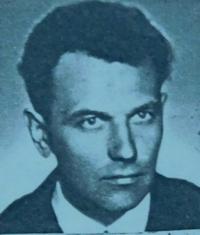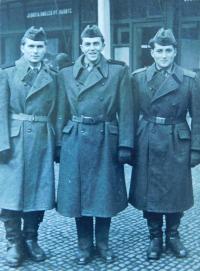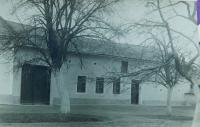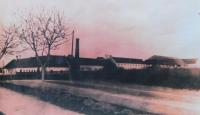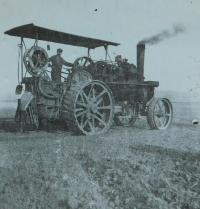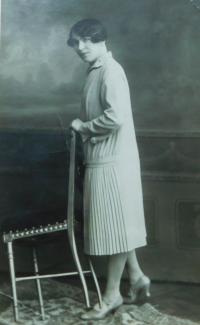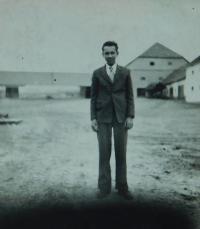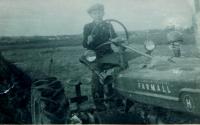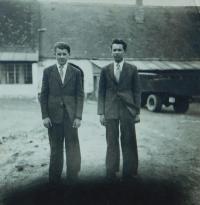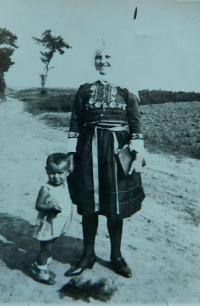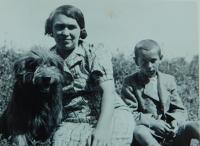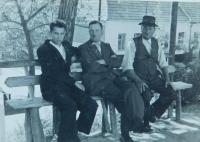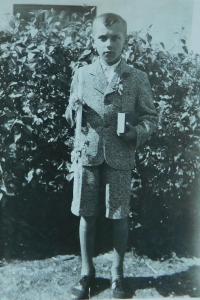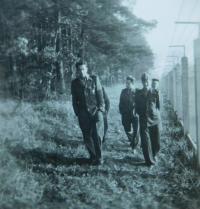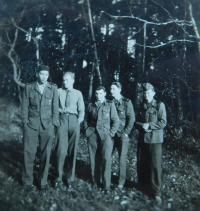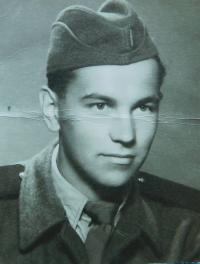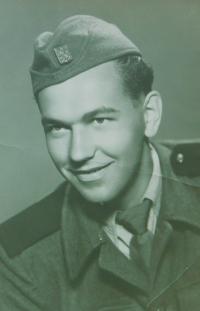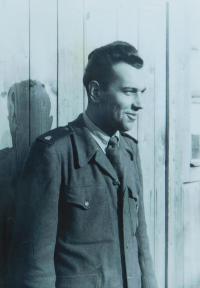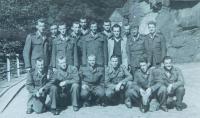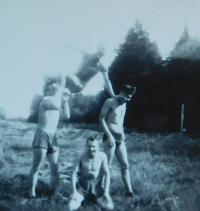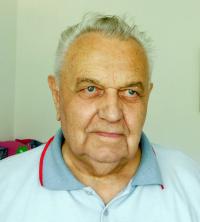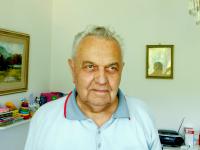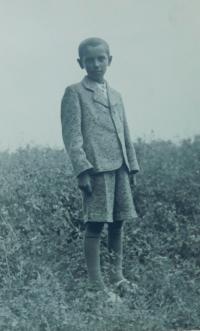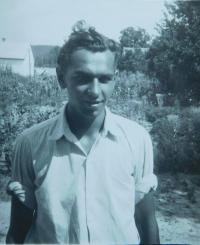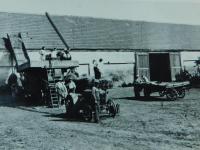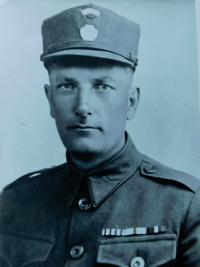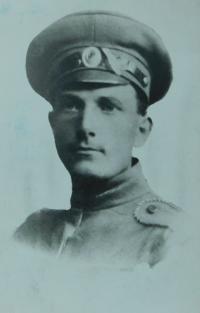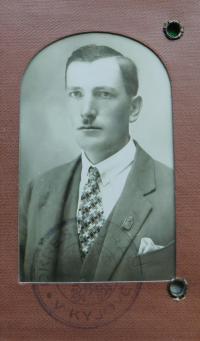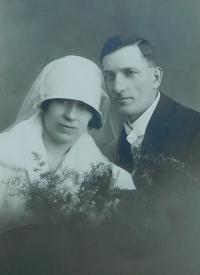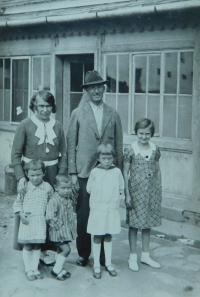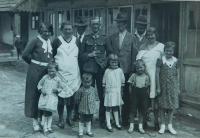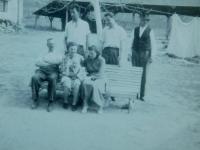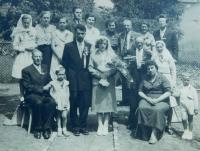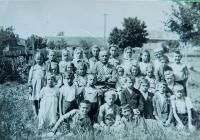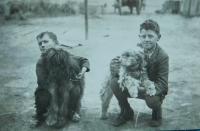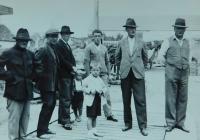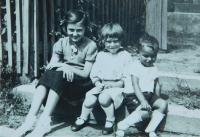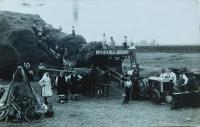Who shall return to them what the communists had taken from them?
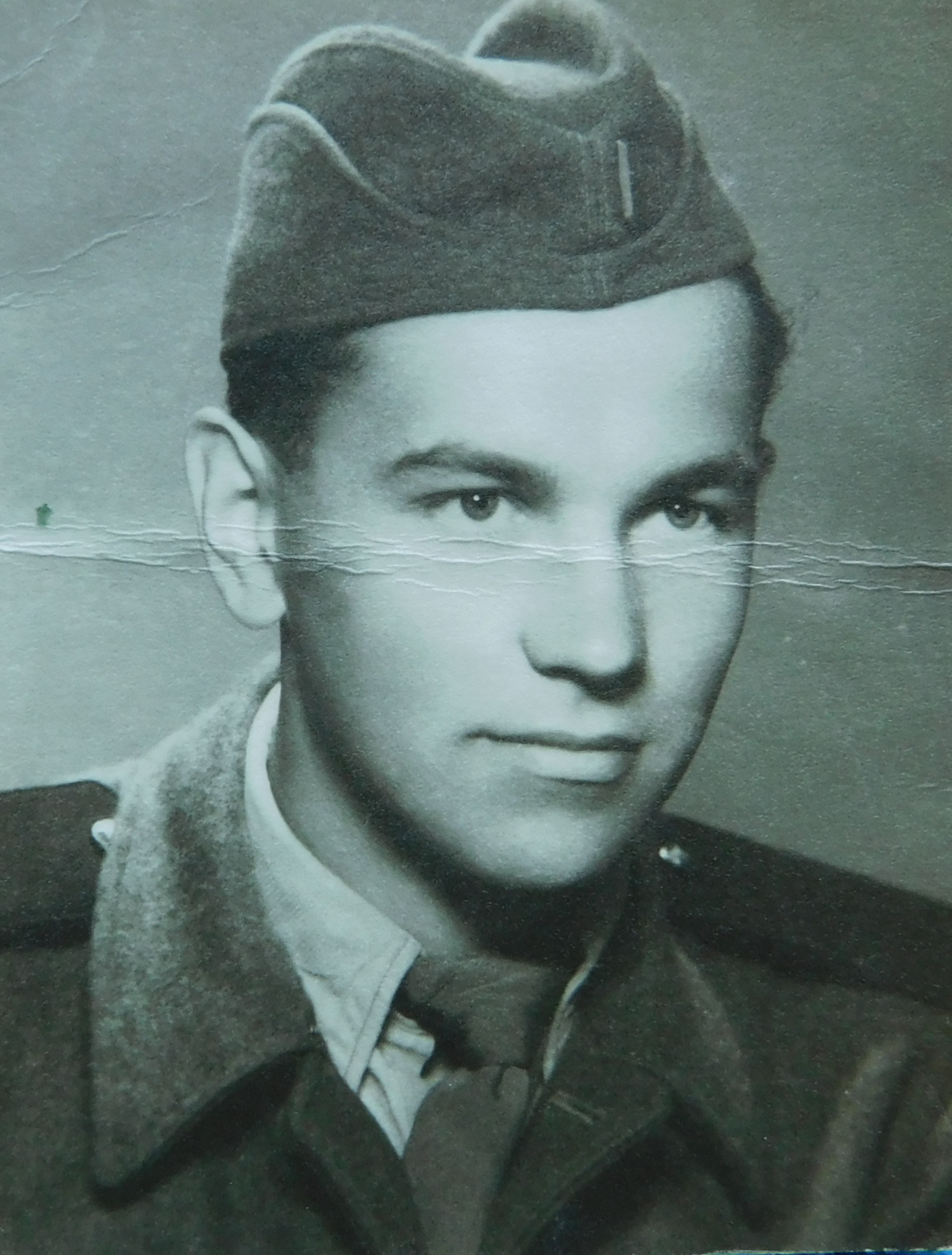
Download image
Milan Hlobílek was born December 29, 1932 in the village Mistřín (part of present-day Svatobořice). His father with Milan’s uncle owned one of the largest farms in the Kyjov region there, with 84 hectares of arable land. Since they were former Czechoslovak legionnaires, the Nazi regime confiscated their farm in 1941 and the family was later evicted. In 1949, in turn, the farm became nationalized by the communist regime. Both families were then evicted to a remote hamlet Dvorek in the village Jestřabice in 1951. Together with other children of so-called kulaks, Milan was expelled from the agricultural school. They were then sent as so-called green barons to work at the state farm in a remote village Studnice in the Osoblaha region. Later when he began his military service, Milan Hlobílek was assigned to serve in the Auxiliary Technical Battalions (PTP) where young men served as cheap labour instead of undergoing army training and due to the colour of their epaulettes they were nicknamed black barons. However, even after the fall of the communist regime, Milan did not receive full compensation for the wrongdoings. Their farm and lands which had been completely devastated by that time were not eligible for restitution claims. In 2016, the remains of Milan’s native farm were torn down and at present there is a petrol station, a car repair shop and a building of the Volunteer Firemen Corps in their place and the family’s former fields are now owned by the state. In 2017 Milan Hlobílek lives in an apartment in the prefabricated building block in Zlaté Hory.
